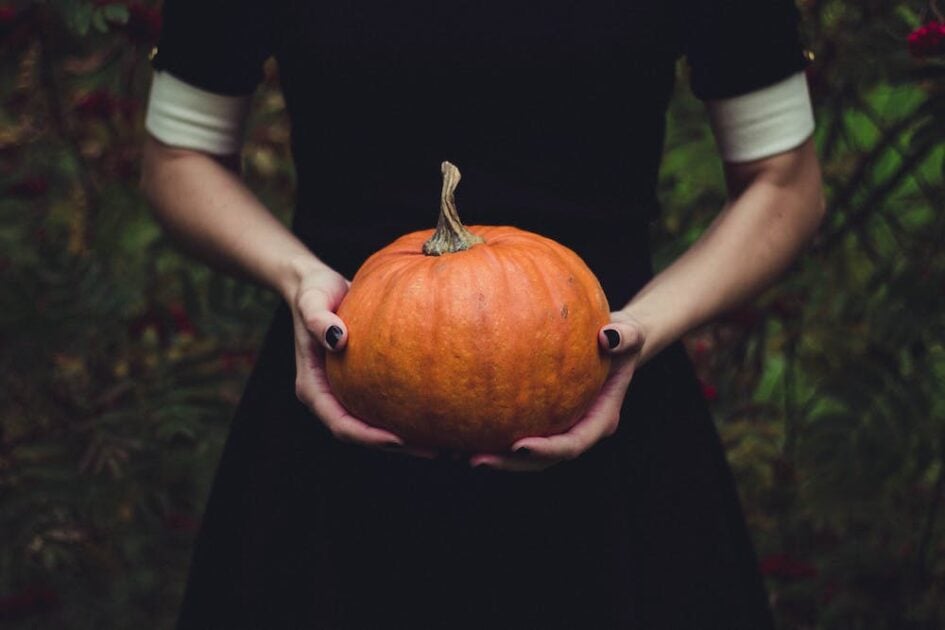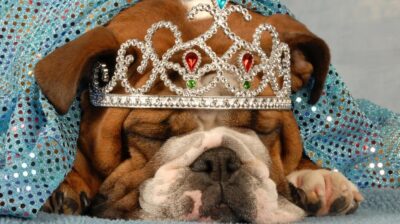‘Our culture is not your costume’: avoiding cultural appropriation this Halloween
Hio Weng Angela Chu discusses their experience with cultural appropriation in Halloween costumes and highlights the importance of cultural sensitivity.

Being raised in a traditional household where Halloween is not deeply ingrained in my culture, I was excited to experience my first college’s Halloween celebration. I was eagerly browsing for Halloween costumes and instead of getting some suitable results, I was shocked by how inappropriate some of them were.
Having clicked into the top Irish Costume company in my search results, I found its pages stocked with costumes with inaccurate depictions of cultural and religious dress.
Experiencing cultural appropriation in Ireland
Cultural appropriation is defined as “the adoption or use of elements from one culture by individuals or groups, typically from a more dominant or privileged culture, often without proper understanding or respect for the cultural context and history of those elements”.
It is generally applied when the subject culture is a minority culture that faces oppression and marginalisation. This can include clothing, fashion, hairstyles, language, symbols, music, art, and even religious or spiritual practices.
The “appropriation” often occurs with no real understanding of the subject’s culture and tends to reinforce offensive or inaccurate stereotypes.
Asian-themed costumes such as ‘Asian Empress Costume’, ‘Dragon Mistress’, ‘Gothic Geisha Woman Costume’, ‘70’s Kimono Costume’ or ‘China Doll costume’ that would not resemble any traditional clothing in any south-east country in Asia were on sale. Some of the stocks were branded under the umbrella term of “oriental” – which is a racist term used to blend all Asian Cultures.
On one hand, the sexualism of kimono and Geisha could have created a belief that Geisha might possibly be related to sex work when in fact, Geisha are a group of highly skilled, professional entertainers who are trained in traditional art forms in Japan.
I was frustrated. Shouldn’t Halloween be a fun time with tricks and treats? What’s the point of using Halloween as a time to be offensive? As I continued to scroll through the items on the page, plenty of “Native Indian costumes” popped up.
I did a quick fact-check, and surprisingly, these costumes appeared to be the same form of cultural appropriation. Such Indian costumes or “Indian headdresses” being stocked keep alive a misrepresentation of Indigenous cultures and the dehumanisation and sexualisation of Indigenous people. I believe this will foster ignorance and further racist stereotypes.
Culturally inappropriate costumes we should all avoid
When choosing a Halloween costume, avoiding adopting an identity that is not your own is becoming increasingly crucial. Though we may believe we are only dressing up for one night, projecting stereotypes has a long-term influence, especially to the ones whose culture is being appropriated.
Our culture is not your costume
Anything that involves blackface, brownface, or yellowface (using face paint to depict another skin tone) should be avoided due to their deep societal and historical origins that propagate racism and negative stereotypes about people of colour.
Halloween costumes that perpetuate harmful racial or ethnic stereotypes are alarmingly common, including outfits that make light of deeply ingrained biases regarding gypsy, geisha, or those representing Middle Eastern, Hispanic, Southeast Asian, Indigenous or Native American cultures.
Avoid making mockery of mental illness by refraining from wearing straitjackets or anything that trivialises the experiences of people who have undergone institutionalisation due to mental illness.
Similarly, adopting hairstyles associated with people of colour which do not belong to your culture such as an afro, braids, or dreadlocks, can be seen as culturally inappropriate.
Transphobic and homophobic costumes are harmful as they make light of the experiences of those from a minority group.
On a positive note, I never met anyone wearing unthoughtful costume choices on Halloween nights out. With the awareness of cultural appropriation growing, together we can contribute to a more inclusive and respectful celebration of Halloween. Let’s focus on creative, fun, and culturally sensitive costumes, spreading a message of unity and respect for all.
Need more information, advice or guidance?
We offer information, advice and guidance about the issues that matter to you. Our online Youth Information Chat service is for 16 to 25 year olds and is available Monday to Friday, 4pm to 8pm (excluding Bank Holidays).






